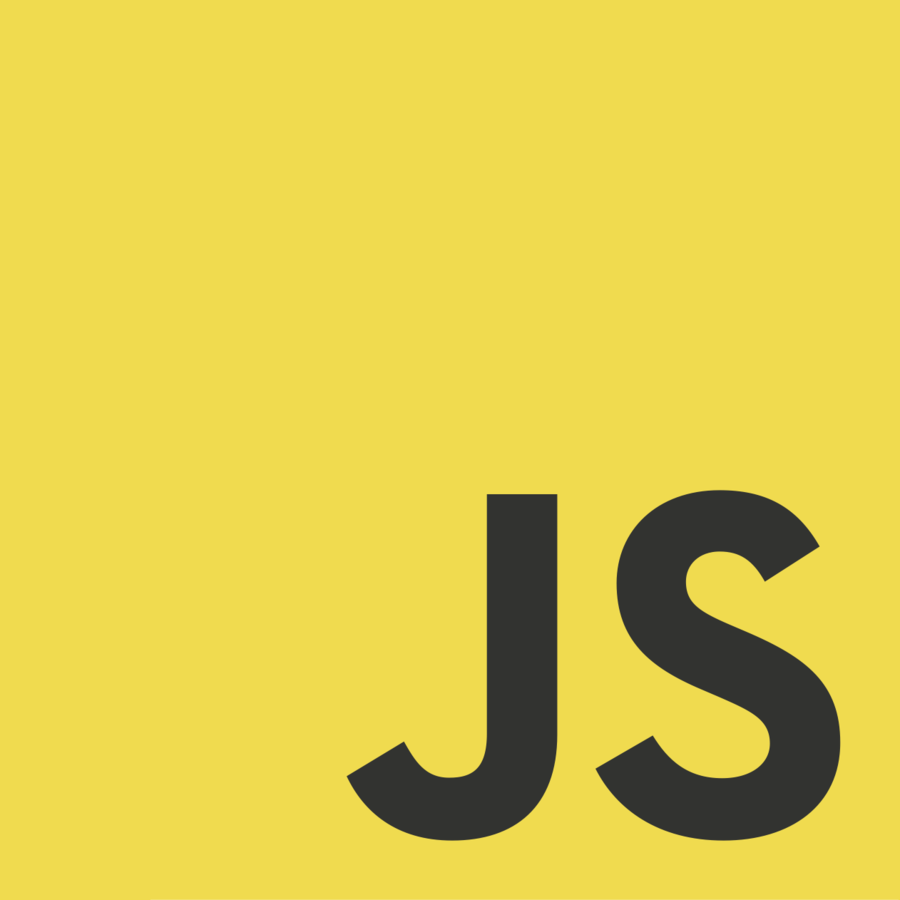
Intro to Javascript
Intro to JS


Intro to Javascript
Javascript, also known as ECMAScript 5.1, runs natively in all modern web browsers. Your web browser has a built-in javascript interpreter that reads and executes the code.
You can use the “JavaScript Console” REPL provided by
“Firefox Developer Tools” or “Chrome Developer Tools”
to write, run and test any small piece of JavaScript code/function/program.

Intro to Javascript
Javascript can be executed directly through the Developer Tools Console, or we can load/execute it as a script in HTML. Let's try both.
console.log("Hello World");
Intro to Javascript
Building Blocks:
Variables

Intro to Javascript
Variables
A variable is storage location paired with an associated symbolic name (an identifier). It contains some quantity or information referred to as a value. We use the variable name to reference the stored value.
var quantitySold = 5;
var price = 2.50;
var totalSales = quantitySold * price;

Intro to Javascript
var a;
var b = "Hello!";
var c = 1;a
undefined
b
"Hello!"
c
1
identifier (name)
value
Variables
Declaration and Assigment:

Intro to Javascript
var a;
var b = "Hello!";
var c = 1;
b = false;
c = [c,2];a
undefined
b
false
c
??
identifier (name)
value
Variables
Loose/Weak Typing:

Intro to Javascript
var a;
var b = "Hello!";
var c = 1;
b = b + c;
c = [c,2];a
undefined
b
??
c
??
identifier (name)
value
Variables
Type Coercion:

Intro to Javascript
var y = ("5" == 5);
var z = ("5" === 5);y
??
z
??
identifier (name)
value
Variables
Type Coercion:

Intro to Javascript
Variables
5 Primitive Types:
- undefined » undefined
- boolean » true, false
- string » "i'm a string'
- number » 45
- null » null
Everything else is an object

Intro to Javascript
Control Statements

Intro to Javascript
Control Statements
if (condition1){
// do something if condition1 met
} else if (condition2) {
// do something else if condition2 met
} else {
// do something else if previous conditions not met
}Conditional

Intro to Javascript
Control Statements
var y = 0;
while (y < 10){
console.log(y);
y++;
}Loops
for (var i = 0; i < 10; i++){
console.log(i);
}
Intro to Javascript
<intro to Chrome Developer Tools>
HW:
http://discover-devtools.codeschool.com/
Chapters 1-4

Intro to Javascript
Loop Exercise:
Write a loop that makes seven calls to console.log to output the following triangle:
#
##
###
####
#####
######
#######
Intro to Javascript
Functions

Intro to Javascript
Functions
var myFirstFunction = function(input){
return "hello " + input;
}
console.log(myFirstFunction("world"));
// hello world
console.log(mySecondFunction("How"));
// How does this work?
function mySecondFunction(input){
return input + " does this work?";
}Function Definition

Intro to Javascript
Functions
function addNumbers(num1, num2) {
var localResult = num1 + num2;
console.log("The local result is: " + localResult);
}
addNumbers(5, 7);
console.log(localResult);
var globalResult;
function addNumbers(num1, num2) {
globalResult = num1 + num2;
console.log("The global result is: " + globalResult);
}
addNumbers(5, 7);
console.log(globalResult);Function Variable Scope

Intro to Javascript
Functions
function addNumbers(num1, num2) {
var result = num1 + num2;
console.log(result);
}
addNumbers(7, 21);
addNumbers(3, 10);
addNumbers(4, 5, 6, 7);
var y = 6;
var z = 99;
addNumbers(y,z);Function Arguments

Intro to Javascript
Functions
function power ( base , exponent ) {
if ( exponent == undefined )
exponent = 2;
var result = 1;
for ( var count = 0; count < exponent ; count ++)
result *= base ;
return result ;
}
console . log ( power (4) ) ;
// → 16
console . log ( power (4 , 3) ) ;
// → 64Optional Arguments

Intro to Javascript
Functions
function addNumbers(num1, num2) {
var result = num1 + num2;
if (arguments[2]){
result += arguments[2];
}
console.log(result);
}
addNumbers(4, 5, 6);'arguments' keyword

Intro to Javascript
<Function Exercises>

Intro to Javascript
Data Structures:
Objects and Arrays

Intro to Javascript
Objects and Arrays
var rainbowColors = ['Red', 'Orange', 'Yellow', 'Green', 'Blue', 'Indigo', 'Violet'];
console.log(rainbowColors.length); // 7
console.log(rainbowColors[1]); // Orange
var arraysHoldAnything = ['string', ['array'], {object: 'object'}, 88, false];Arrays

Intro to Javascript
Objects and Arrays
var friendsCountries = {
Litizie: 'Kenya',
Frank: 'Kenya',
Shawn: 'USA',
Walter: 'UK',
Hassan: 'Canada',
"Sarah": 'Brazil'
};
console.log(friendsCountries['Litizie']); // Kenya
console.log(friendsCountries['Hassan']); // Canada
console.log(friendsCountries.Walter); // UK
console.log(friendsCountries.Sarah); // Brazil
friendsCountries.Moses = 'Uganda';
friendsCountries["Jackie"] = 'Nigeria';Objects

Intro to Javascript
Objects and Arrays
var Robot = {
name: 'eR42',
model: 'Basic Medical Bot',
homeHospital: 'Nairobi General',
instructionSet: medRobotV14,
heal: function(bodypart){.......},
greet: function(patient){.......},
sleep: function(wakeTime){.......}
};
Objects
Intro to JS
By moringaschool
Intro to JS
- 793



